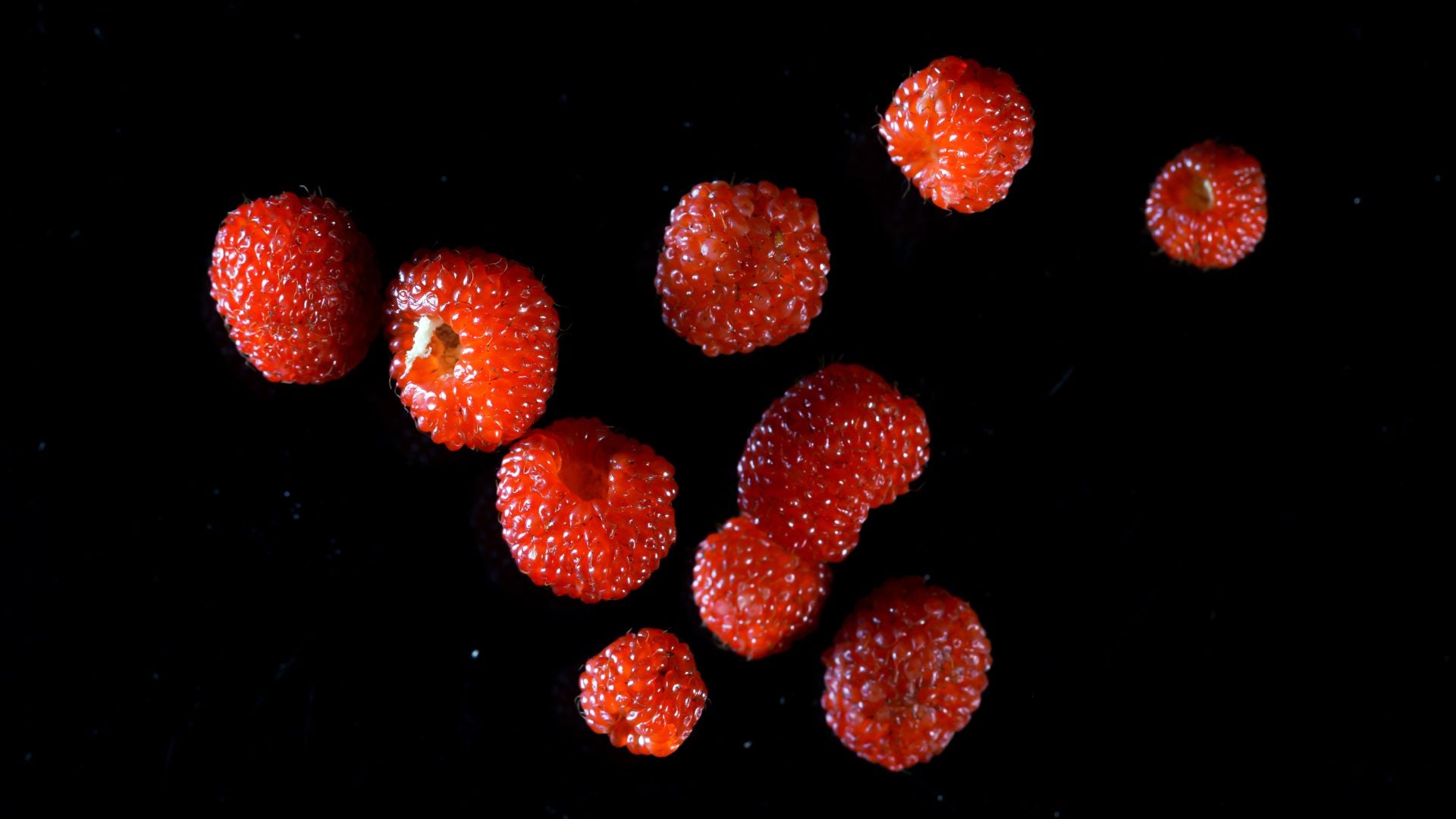This Fruit-Derived Ingredient Delivers Anti-Aging Benefits
This Fruit-Derived Ingredient Delivers Anti-Aging Benefits
https://www.essence.com/beauty/resveratrol-anti-aging-ingredient-skincare/
 Xvision / Getty Images
Xvision / Getty Images By India Espy-Jones ·Updated December 20, 2024
Despite the woes of anti-aging, and the problem behind the term, ingredients used to slow down our skin’s clock remain on beauty’s top shelf. The latest on the list of buzzword products—from retinol to tretinoin—is a compound, dubbed the “molecule for eternal youth,” found in some of our favorite foods. (Hint: it’s in red wine and chocolate, too).
“Resveratrol is a powerful antioxidant found in the skin of grapes, berries, and some nuts,” board-certified dermatologist Dr. Nicole Ruth tells ESSENCE. With the hashtag #resveratrol at 42.8 posts on TikTok and a number of products on the market, “it’s been gaining attention in the skincare world for its anti-aging properties.”
Below, Ruth breaks down the retinol alternative, the benefits, and what to avoid.
What is resveratrol?
Most commonly found in the skin of grapes, berries, and nuts, resveratrol is also a component in (deliciously) addictive foods, like red wine and dark chocolate. However, you’d have to consume extremely large quantities (150mg a day) to tap into the benefits since only a trace amount can be absorbed by the gut.
While drinking hundreds of glasses of wine is not recommended, tapping into the topical benefits instead of an aged Cabernet bottle may be more worthwhile. “This polyphenol works by neutralizing free radicals, which are unstable molecules that damage skin cells and accelerate aging,” Ruth says, which supplements or topical products can do.
What are the benefits of resveratrol?
“By protecting the skin from oxidative stress, resveratrol helps prevent fine lines, wrinkles, and other signs of aging,” she says. “It also has anti-inflammatory and antimicrobial properties, which can soothe irritated skin and support overall skin health.” Checking all the boxes for a top-rated anti-aging product, resveratrol can also help extend the lifespan of skin cells and help maintain homeostasis.
How does resveratrol differ from other anti-aging ingredients?
With all the anti-aging products on the market, feeling fatigued by which to use can be difficult. “What sets resveratrol apart from other anti-aging ingredients, like retinol, is its gentleness,” she says, making it a good option for sensitive skin and retinol intolerance. “While retinol stimulates cell turnover and collagen production, which can sometimes cause irritation, dryness, and redness, resveratrol works by shielding the skin from external aggressors like UV rays and pollution.”
How popular is resveratrol?
Popularized by the Harvard professor David Sinclair, “resveratrol gained popularity following scientific studies showing its potential benefits for longevity and skin health,” she says. “Originally studied for its role in heart health, it was soon recognized for its skin benefits due to its potent antioxidant profile.”
Becoming a key ingredient in many high-end skincare lines, like Caudalie and Le Demaine, the food-derived compound is touted for its “natural origin” and multi-faceted benefits. “A lot of patients ask me for a natural alternative to prescriptions, and one could say this could be a natural alternative to a retinoid.”
How does resveratrol work in a skincare routine?
“In a skincare routine, resveratrol is best used in conjunction with other antioxidants like vitamin C and E, which can enhance its protective effects against environmental damage,” Ruth says. “It pairs well with hydrating ingredients such as hyaluronic acid to provide moisture while defending the skin.”
For optimal results, she recommends looking for serums or creams with a stable form of resveratrol and apply them after cleansing and toning, but before heavier moisturizers.
What should you avoid when using the ingredient?
Just like every new skincare product, knowing how to use it and what to avoid can be the fine line between top shelf and in the closet. “When introducing resveratrol, it’s important to start slowly to observe how your skin responds, especially if using it in combination with other active ingredients,” she says. “I tell patients to avoid using it in the same night with other strong exfoliants or acids, such as glycolic acid, to avoid irritation.”
“While it’s generally safe for all skin types, those with particularly sensitive skin should monitor for any signs of irritation,” she warns. However, “resveratrol is typically well-tolerated and can be used both morning and night, although frequency depends on the concentration of the product.”
TOPICS: alternative skincare anti aging retinol skincare
The post This Fruit-Derived Ingredient Delivers Anti-Aging Benefits appeared first on Essence.
